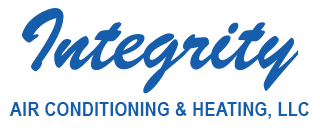A lot of homeowners only think they need air conditioning repair when their system totally fails. However, the fact is your air conditioner will often show signs of trouble before a total breakdown that results in new AC installation. Noticing early problems and calling the experts at Integrity AC & Heating LLC to handle issues early can save you from the hassle and expense of a full AC system failure. More importantly, it can stop you from having to endure the uncomfortable feeling of having your AC break down when it’s scorching hot outside.
When you call us, our team of certified HVAC technicians will pinpoint what’s wrong, fix the problem and get your AC back on track. We have extensive expertise and provide reliable, cost-effective AC service for local homeowners.
Why hold off until your cooling system breaks down? Skip all that hassle by calling today to schedule AC repair in Phoenix, AZ, from Integrity AC & Heating LLC.
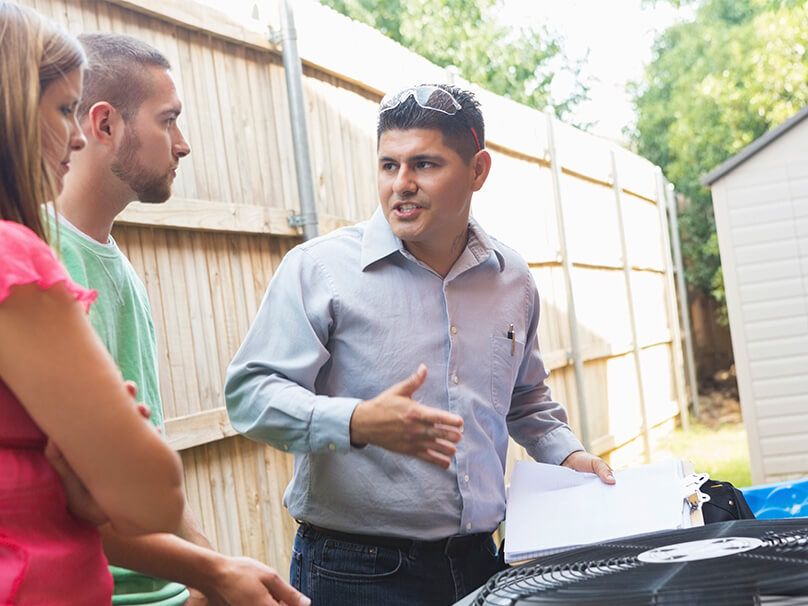
Signs You Need AC Repair
What are the signs your air conditioner requires service? From unusual smells to a lack of cool air coming from the vents, there are many symptoms that your cooling system has a problem and needs evaluation or repair.
Here are some warning signs that trouble may be on the way and it’s time to call an HVAC technician from Integrity AC & Heating LLC:
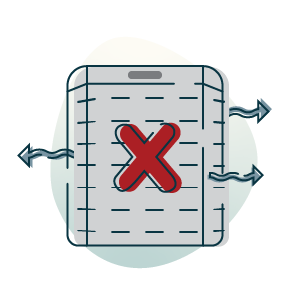
AC won’t blow cold air
If heated air is blowing out of your AC unit instead of cool air, or if the air isn’t as cool as it should be, it’s a smart move to call us for professional cooling service.
AC frequently turns on and off
If your AC system turns on and off instead of maintaining steady operation, it could be a symptom of underlying trouble and should be evaluated by one of our certified HVAC technicians.
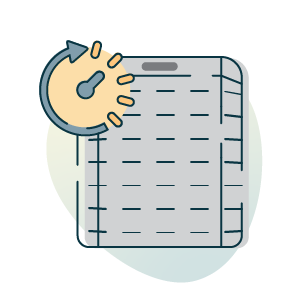

Monthly utility bills spike for seemingly no reason
A big jump in your energy usage can be an indicator your AC unit is losing efficiency, which means it uses more energy to cool your home and needs AC maintenance or repair.
Odd odors are coming from your AC
Air conditioners should not stink. Unusual odors coming from your air conditioner should be checked by an expert, as they can be a sign of problems like mold, mildew or even electrical issues.
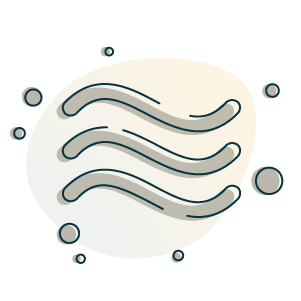

AC makes loud noises when it runs
If you hear unusual noises when your air conditioning is running — clanking, scraping or high-pitched whining, to name just a few — it’s important to call for professional HVAC service to get to the bottom of the issue.
Request Professional Air Conditioner Repair Today
When you need air conditioning service fast, get in touch with the HVAC repair experts at Integrity AC & Heating LLC. We’ll speedily determine the problem when your air conditioner won’t start or provide adequate chilly air.
